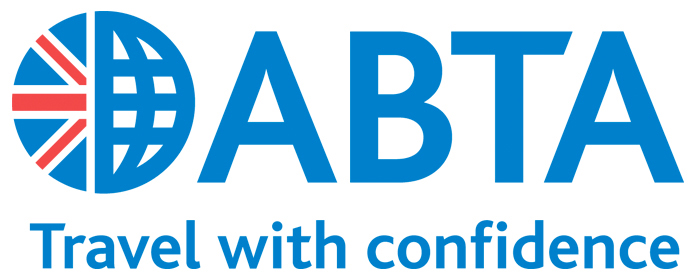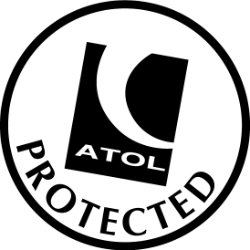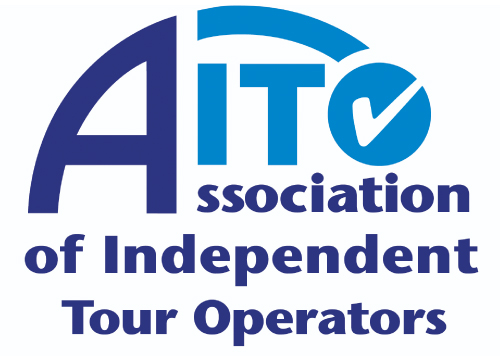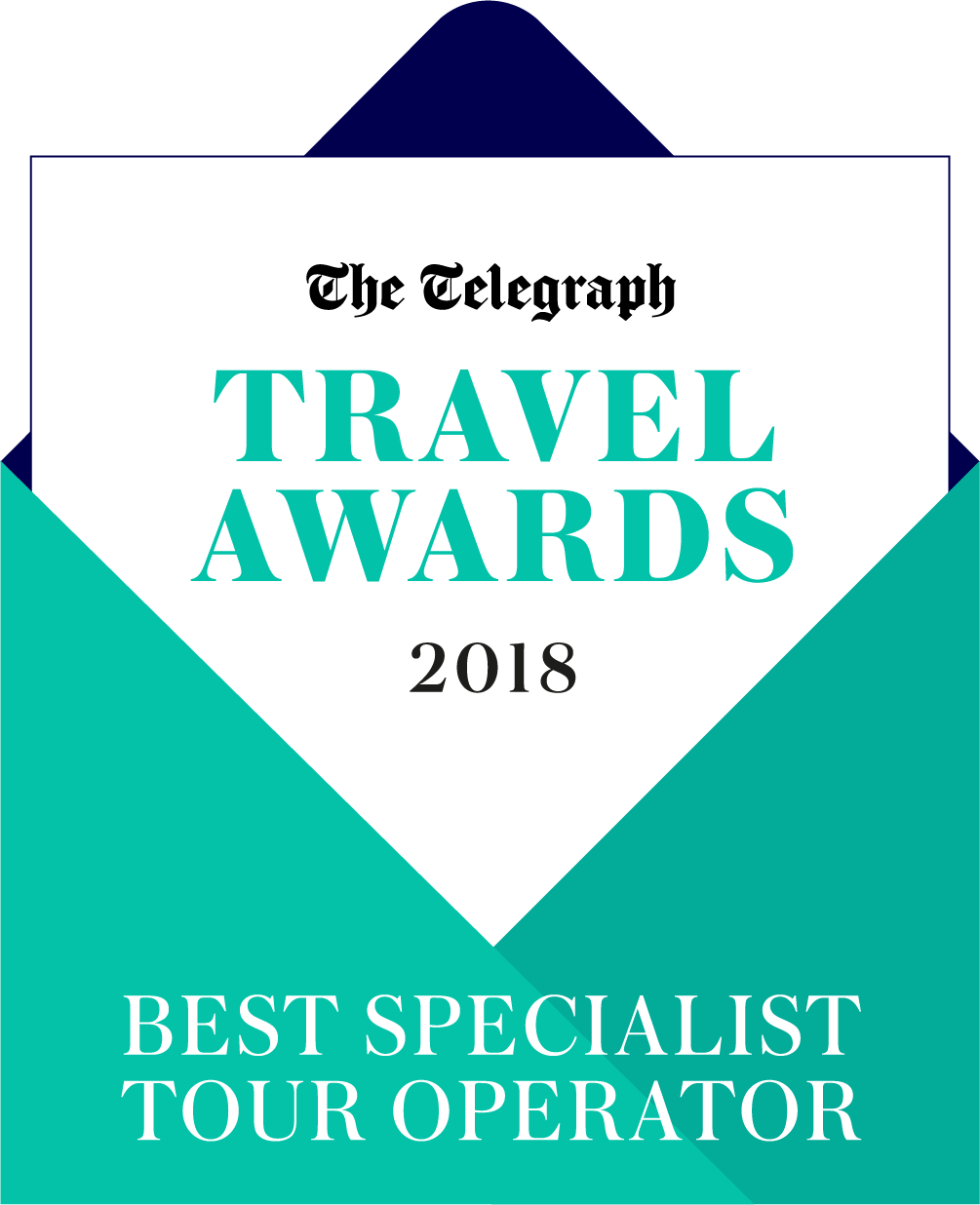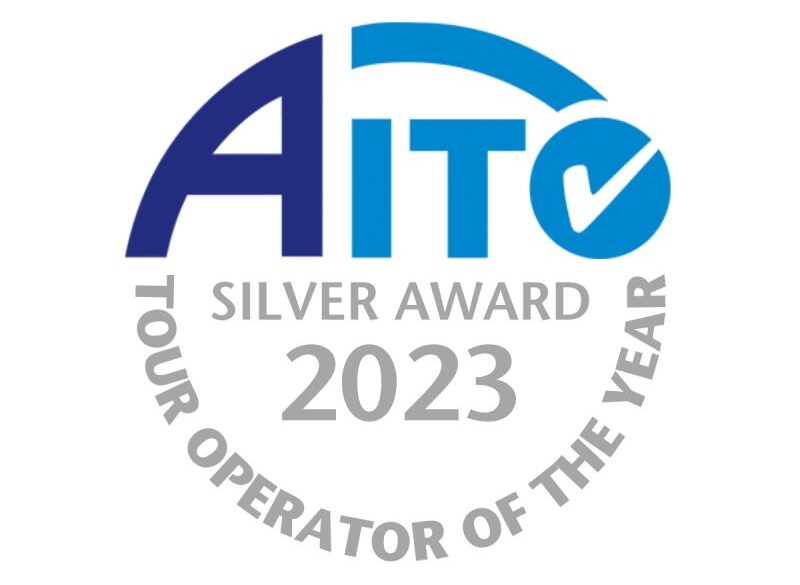Below is our list of travel essentials for visiting The Gambia from the UK, including information about visas, vaccinations, money, language, and more. Once you book a holiday with us, we’ll provide additional tips and information specific to your trip.
Passport & Visas
The Gambia
Visas are complimentary on arrival into The Gambia for British and European Union passport holders with a full ten-year British passport, valid at least until the date of your arrival back in the UK.
You will need to complete an entry form which will be sent to you with your tickets and it will also be available on your flight. This should be handed in on arrival. The visa for up to 28 days is then stamped on your passport.
Other passport holders should contact the Gambia High Commission for visa requirements. The telephone number for the Gambia High Commission in London is 020 7229 8066.
Senegal
A visa is not required for British passport holders for entry into Senegal. However, your passport must be valid for at least three months from the date of entry.
Other passport holders should contact the Embassy of Senegal for entry and visa requirements. The telephone number for the Senegal Embassy in London is 020 7938 4048.
Please note, a yellow fever vaccination certificate is required when passing between The Gambia and Senegal.
Currency
The currency in The Gambia is the dalasi. £1 sterling currently buys around 60 dalasis (January 2020). You’ll get a better rate in local exchange bureaus than you will in the hotels or at the airport.
There are a few ATMs in The Gambia where cash can be obtained with a VISA card. How much may be taken out in any single transaction may be limited to around D6,000.
The largest note available is D200 and the smallest D5. The smaller notes are worth hanging on to as they are useful for tipping, and many stall traders will not be able to give you change for larger notes.
Some restaurants and most hotels accept some credit cards, but not all do, so it is best not to rely on them. Visa Electron and Maestro are not accepted. You must always check whether your card is accepted in advance and whether there is any surcharge.
Some hotels will convert your bill into US dollars before showing it as a sterling amount on your statement, which may result in some exchange rate surcharges.
Travellers’ cheques are no longer accepted. The new currency cards are not widely known of in The Gambia and may attract a charge if used.
Vaccinations & Health
Please consult your GP or health clinic before travelling to The Gambia. Although there are no compulsory vaccinations for entry to The Gambia from an European country, specific medication including anti-malarial tablets, as well as yellow fever, hepatitis and typhoid vaccinations will be recommended. A yellow fever vaccination certificate is not required for entry into The Gambia from the EU, but it will need to be shown when passing between The Gambia and Senegal. Your GP or health clinic will advise on recommended vaccinations and prescribe anti-malarial drugs. Children and pregnant women may require special vaccination procedures.
Sexually transmitted diseases (including AIDS) are a serious threat to health throughout the world. Please exercise caution when on holiday.
Malaria
While the risk of contracting malaria is very real in The Gambia, it is an avoidable illness provided adequate precautions are taken. Please consult your GP before booking your holiday who will prescribe appropriate anti-malarial medication. It is also advisable to use an effective insect repellent, especially in the evenings to avoid being bitten. Please remember to continue taking your ant-malarial tablets throughout your stay and after your return home to the UK as instructed by your GP.
Medicines to take with you
When travelling to The Gambia, we suggest that you take with you, medication to treat dehydration, small ailments, stomach upsets, insect bites and cuts.
Medication you could take with you includes:
• Anti-malaria medication
• Dioralyte/rehydration salts
• Antiseptic cream
• Mosquito repellent
• High factor sun creams
• Cream for insect bites
We recommend that you keep all medications in the original packaging including prescribed medications (with the sticker showing the patients name).
Further advice
For more information on malaria and other health risks, please visit the Fit For Travel NHS website.
Insurance
A policy to cover theft, loss, and medical issues is a must. Please visit our page on travel insurance for further information. It is a good idea to photocopy and scan all relevant documents – passport, travel insurance policy, etc. – and leave one copy at home. Carry another copy with you separate from the originals and digital versions in your smartphone.
Language
English is the official language of The Gambia. There are also several tribal languages. Our guides and drivers all speak English.
Internet & Telephone
You will find WiFi in major hotels, for which there may be a local charge. However, the internet in The Gambia is not always very fast or reliable. In many lodges and resorts, WiFi is only available in the reception and restaurant areas and does not extend to guest rooms. There is no WiFi at Mandina Lodges.
Roaming charges tend to be high in The Gambia and Senegal. If your phone is unlocked, you may wish to purchase a local SIM card upon arrival at Banjul airport. These generally cost D50. You will need to show identification when you purchase them.
The country code for The Gambia is +220, and for Senegal, it is +221. If you are calling within either country from a local number, you may need to add a 0 at the start of the sequence. To dial the UK, dial +44 or 0044.
Time Difference
The Gambia and Senegal are in the same time zone as the UK. However, they will be one hour behind the UK when daylight savings time is in effect in the UK.
Electricity
Some hotels in the Gambia have 3 pin UK style sockets, while others have 2 pin sockets and a few have both.
Unfortunately, the mains electricity in The Gambia does have some problems. However, hotels have solar power or their own backup generator. If these are needed for long periods, they may need to be switched off to cool down periodically. Such interruptions in supply can affect the efficiency of air-conditioning and the supply of hot water, especially during periods of high demand.
Due to strong fluctuations in current and weather conditions, facilities can be affected.
Please also be aware that, on occasion, repairs can take time as spare parts are not always available locally in The Gambia.
Drinking Water
Unfortunately, tap water is generally not safe to drink in The Gambia. Bottled water is readily available. However, we all know that plastic pollution is a massive problem for our planet. Please consider taking a water-filtration bottle with you on your holiday. Fleewinter has partnered up with Water-to-Go to encourage #plasticFLEEtravel. Their bottles eliminate 99.9% of microbiological contaminants from any non-saltwater source in the world, providing clean, safe drinking water. What’s more, they are offering 15% off to Fleewinter customers. Take a water-filtration bottle with you on your travels, and you’ll never need to buy bottled water again.
Dining out
There is a fabulous variety of inexpensive restaurants in the main tourist areas in The Gambia, most notably in Kololi but also in Kotu, Bakau and Cape Point. These sell a range of cuisines including Italian, Indian, Chinese, Thai, Mexican, English, African and more. Supporting locally-owned restaurants benefits the local economy and getting around is easy with taxis being reasonably priced. They are also happy to wait for you while you dine, as they don’t want to lose the return fare. For the more remote hotels, however, you may wish to consider half board.
What to Wear
Loose-fitting, comfortable clothing, preferably in cotton or linen, helps keep you cool in hot climates. A sunhat is also advisable to protect you from the intense midday sun, as are sunglasses offering protection against both UVA and UVB light. A jumper or light jacket may be handy for some excursions and in the evenings in the cooler months. If visiting between June and November an umbrella or light raincoat may be useful.
Please keep in mind that The Gambia is a Muslim country and you may wish to dress more modestly than you would at home.
Tipping
Tipping is most welcome in The Gambia. It can be handy to hang on to your small change when possible in order to offer modest tips when appropriate.
Safety
The Gambia is considered a safe country but all usual care should be taken, just as you would anywhere in the world. It should be noted that pickpockets are active at busy markets, taxi and ferry terminals etc. Walking on the beach after dark is not advisable. For more information on safety in The Gambia, please refer to the government’s Foreign Travel Advice.
Festivals & Holidays
Several festivals take place in The Gambia every year, most of which are based around the Islamic calendar. Christian festivals are also observed including Good Friday, Easter Monday, Assumption and Christmas Day, which are all public holidays.
Independence Day
This is celebrated on 18th February each year, commemorating The Gambia’s autonomy from Britain on that day in 1965.
Ramadan
Throughout the month-long festival of Ramadan, all physically mature and healthy Muslims are obliged to abstain from all food, drink or tobacco from dawn until sunset. Ramadan is a time for prayer, doing good deeds and spending time with friends and family. In 2020, Ramadan will start around 24th April.
Koriteh
The public holiday of Koriteh marks the end of Ramadan. Following morning prayers, Muslims come together with family and friends to celebrate with an often extravagant feast.
Tobaski
Tobaski, meaning ‘sacrifice’ in the West African language Wolof, is a national holiday to commemorate Allah asking Abraham to sacrifice his only son. At the last minute, Allah told Abraham to offer a sheep instead.
On the morning of Tobaski, every family in The Gambia sacrifices a sheep which is shared between family, friends, neighbours and the poor. There’s a very jovial atmosphere throughout the day.
Local celebrations
Keep an eye out too for local festivals and celebrations such as naming ceremonies and weddings which can be very colourful with music and dancing.
